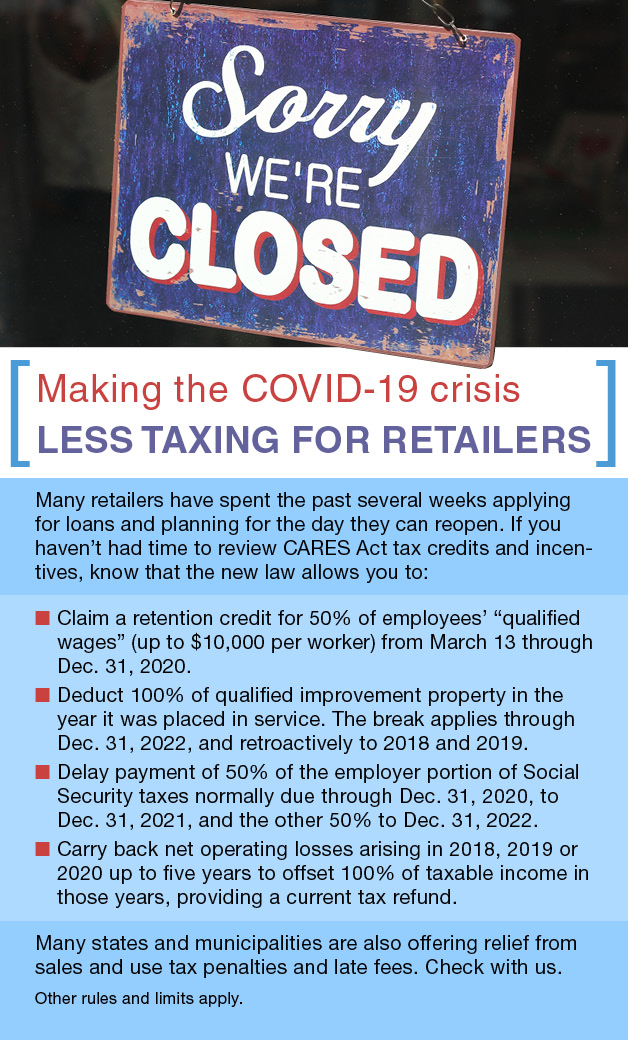
It’s often difficult for married couples to save as much as they need for retirement when one spouse doesn’t work outside the home — perhaps so that spouse can take care of children or elderly parents. In general, an IRA contribution is allowed only if a taxpayer has compensation. However, an exception involves a “spousal” IRA. It allows a contribution to be made for a nonworking spouse.









